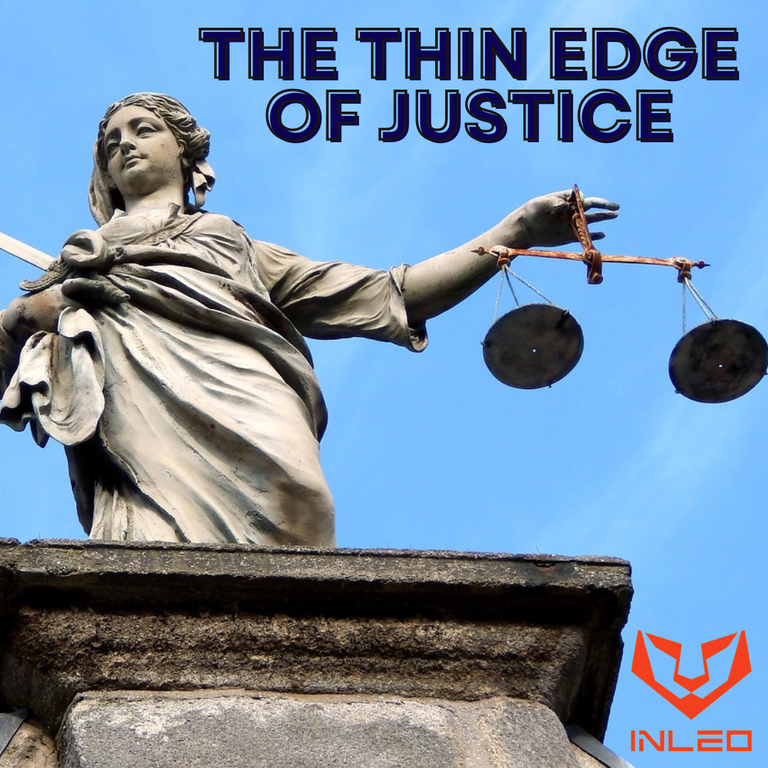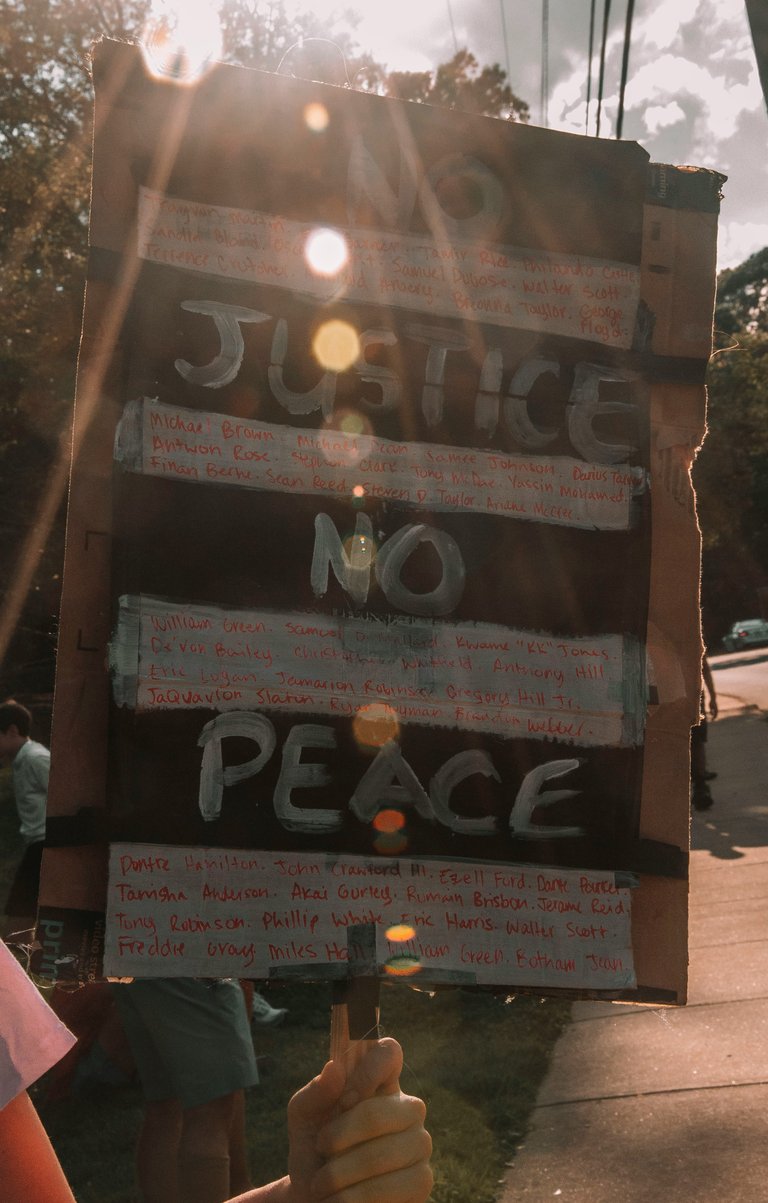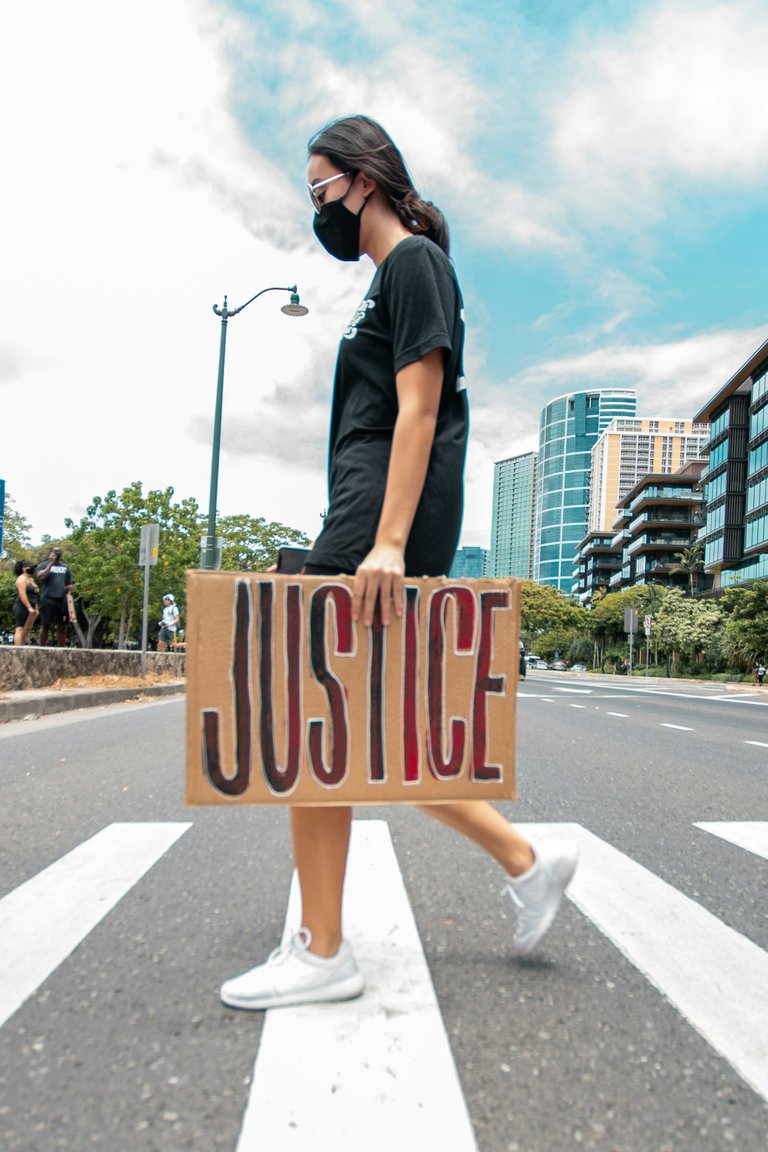
Pixabay cortesy
Hablar de justicia, es, quizás, meterse en una camisa de once varas, pues cada quien tiene su visión particular al respecto, y tratar de decir quien tiene la razón, es una tarea que en muchos casos, no es terminada, ni siquiera por el sistema legal.
Entendiendo, según mi manera de verla, que la justicia no es cuando nos dan la razón, sino cuando se logra el equilibrio necesario para que el sistema funcione, es importante que la veamos no como un fallo positivo ante un reclamo, por lo menos, no sin antes averiguar todas las aristas posibles del caso.

Y es que la justicia tiene dos caras: la de quien la reclama y la que la merece. La primera es la más dolorosa, cuando vemos en los medios de comunicación, o en las puertas de los tribunales, a las familias que solicitan se resuelvan los casos en los que alguno de sus familiares fueron víctimas de algo que no estuvo bien.
Justo en la actualidad de Argentina, la búsqueda de un pequeño niño desaparecido, tiene movilizada a la población en busca de una justicia, que aunque está avocada a resolver en caso, ha hecho publica una puerta conocida por todos, pero que nadie ha sido capaz de cerrar de manera permanente.
Y es que sin quedar claro si lo sucedido es un caso de trata de personas, tráfico de órganos o asesinato, cualquiera de las opciones es dolorosa y está mal!
Lo peor, es que en muchos casos, las denuncias con respecto a la necesidad de la aplicación del sistema de justicia han sido hechas, o los actos estuvieron a la vista de todos, pero nadie hizo nada. La excusa común para que las autoridades se excusen, ha sido que no tienen suficiente personal.

También está la otra cara de la moneda, la de quienes realmente merecen que la justicia actúe a favor, o peor aún, la de quienes reciben sus bondades, sin merecer que se les otorgue la razón.
Es aquí cuando cuestionamos si realmente existe la justicia. Pero debemnos tener en cuenta que inclusive, hasta la llamada justicia divina (celestial) en muchos casos es aplicada por seres humanos, quienes actúan de manera emocional, pudiendo mentir, ocultar información e inclusive actuar para que todo se ponga a su favor.
Más allá de dar un si o un no, me quedo con lo bueno, con todos los casos resueltos, y aquellos que a pesar de haber estado en el papel de víctima, lograron remontar sus historias particulares para seguir adelante con su vida.

Talking about justice is perhaps getting into a tough spot, as everyone has their own particular vision about it, and trying to determine who is right is a task that in many cases is not completed, not even by the legal system.
Understanding, according to my point of view, that justice is not when we are right, but when the necessary balance is achieved for the system to function, it is important that we see it not as a positive ruling in response to a claim, at least not without first investigating all possible aspects of the case.

Justice has two sides: that of those who demand it and that of those who deserve it. The first is the most painful, when we see in the media, or at the courthouse doors, the families requesting that the cases in which their relatives were victims of something wrong be resolved.
Currently in Argentina, the search for a missing little boy has mobilized the population in search of justice, which although focused on solving the case, has made public a door known to all, but that no one has been able to permanently close.
It is unclear whether what happened is a case of human trafficking, organ trafficking, or murder. Any of the options is painful and wrong!
The worst part is that in many cases, reports regarding the need for the justice system to be applied have been made, or the acts were in plain sight, but no one did anything. The common excuse for authorities to excuse themselves has been that they do not have enough staff.

There is also the other side of the coin, that of those who truly deserve justice to act in their favor, or worse, those who receive its benefits without deserving to be granted right.
This is when we question if justice really exists. But we must consider that even divine justice (heavenly) in many cases is applied by humans, who act emotionally, can lie, hide information, and even act to ensure everything goes their way.
Beyond giving a yes or a no, I stick with the good, with all the cases resolved, and those who, despite having been in the victim's role, managed to overcome their particular stories to move forward with their lives.
Foto/Photo by: Pixabay, Thomas Ashlock and Maria Oswald (from Unsplash)
Translated and formatted with Hive Translator
Edición/Edited by @mamaemigrante using canva by @noakmilo.
Posted Using InLeo Alpha
[María Oswald - Unsplash](https://unsplash.com/es/fotos/texto-RM3y8XgNY24) [Thomas Ashlock - Unsplash](https://unsplash.com/es/fotos/hombre-con-camiseta-negra-y-pantalones-cortos-negros-sosteniendo-un-tablero-de-estampado-de-amor-marron-y-blanco-BSTtHnEgOCQ) [María Oswald - Unsplash](https://unsplash.com/es/fotos/texto-RM3y8XgNY24) [Thomas Ashlock - Unsplash](https://unsplash.com/es/fotos/hombre-con-camiseta-negra-y-pantalones-cortos-negros-sosteniendo-un-tablero-de-estampado-de-amor-marron-y-blanco-BSTtHnEgOCQ)
¡Justicia y caridad!
Nunca en este mundo, la ha habido, ni la habrá. Cuando la caridad verdadera, como la predico, el Nazareno haga acto de presencia y la justicia sea inmediata y no tardía, no vendida al mejor postor.
Este mundo ya no será este. Será el anunciado nuevo mundo por venir.
Mientras llega, podemos actuar como si ya estuviera presente y hacer del mundo un mejor lugar, aunque no nos pongamos de acuerdo en que es mejor, el rigor o el perdón.
Feliz día, exitosa semana.